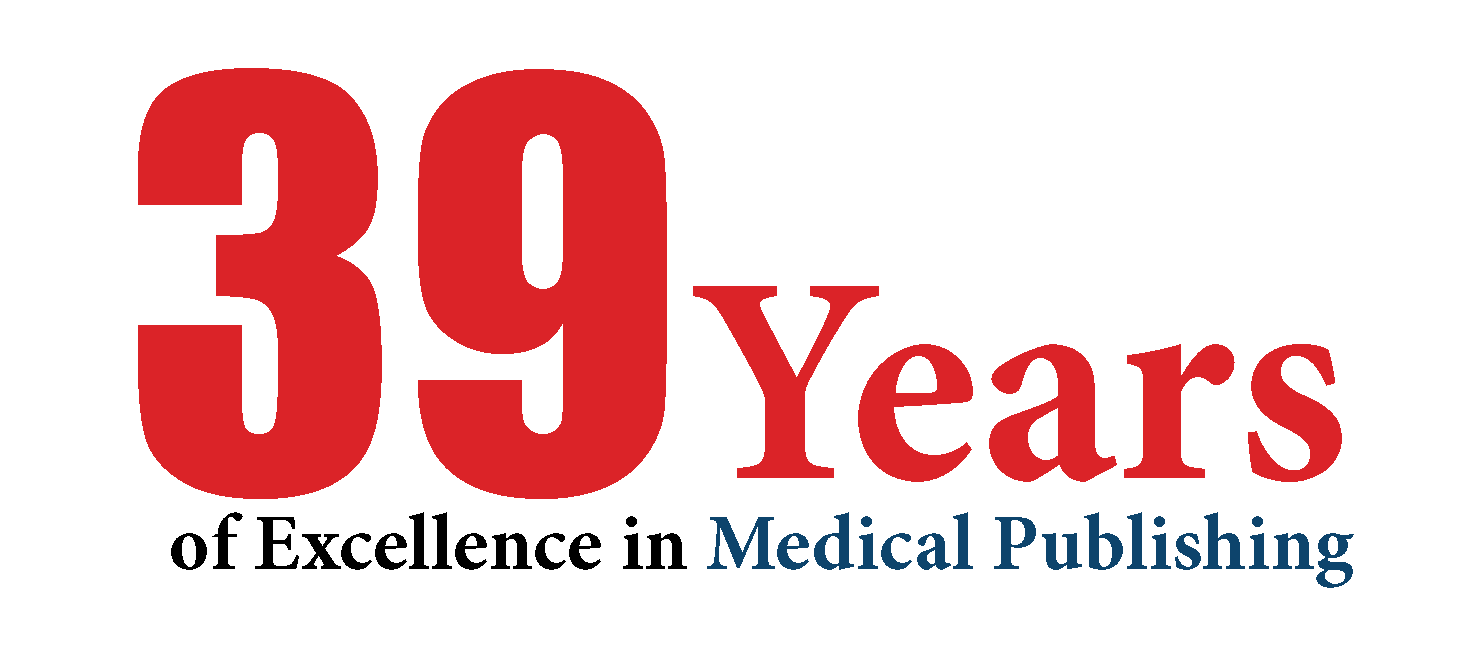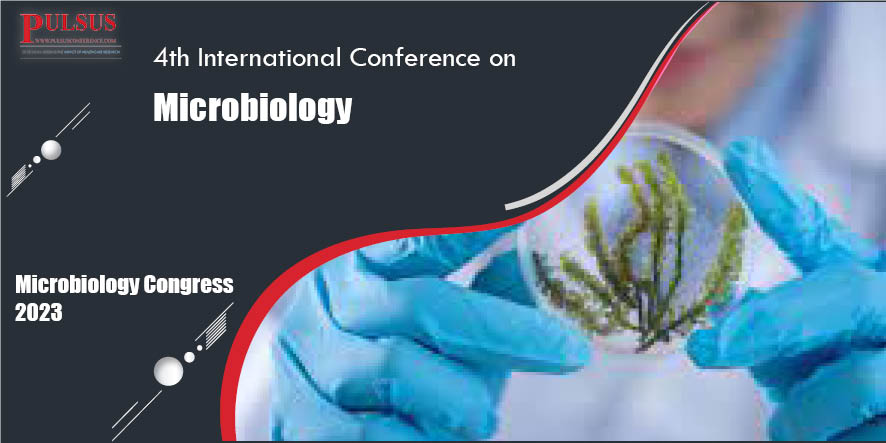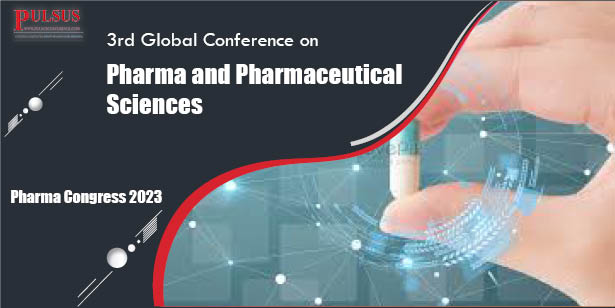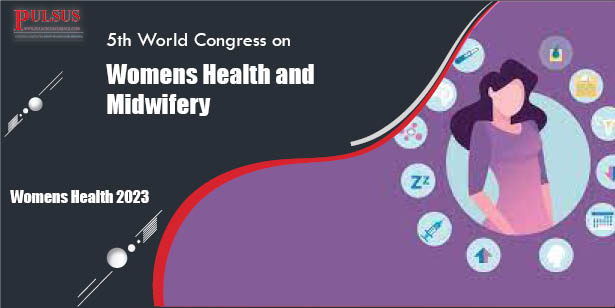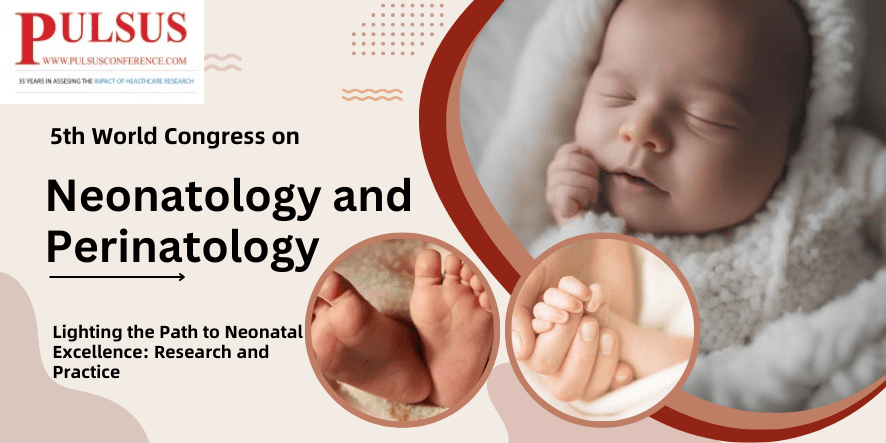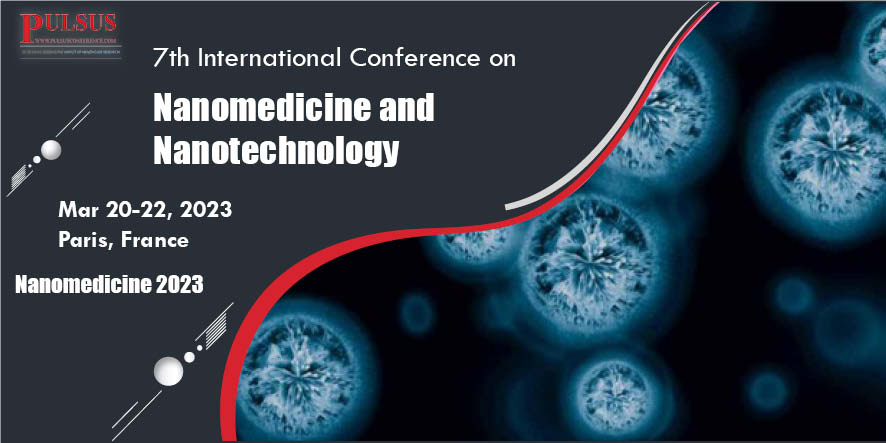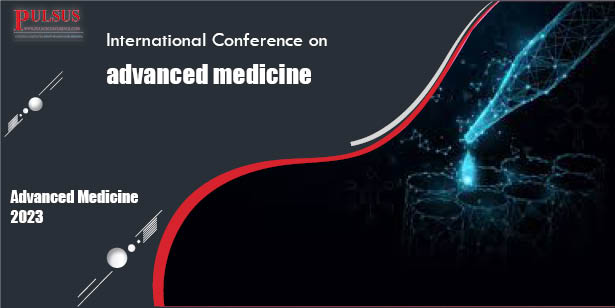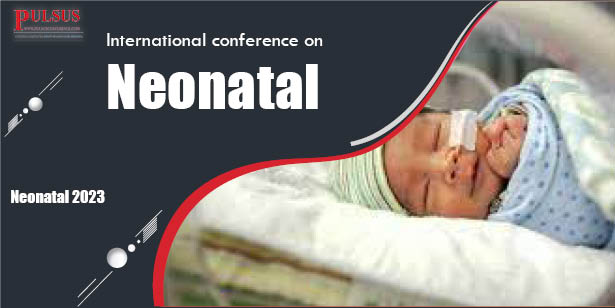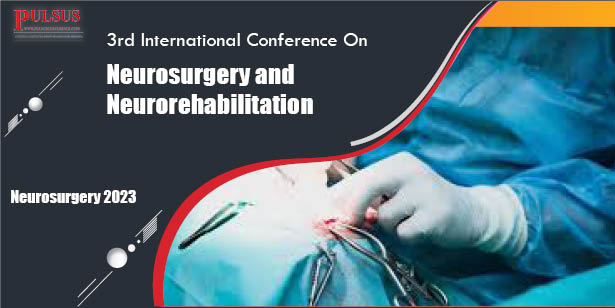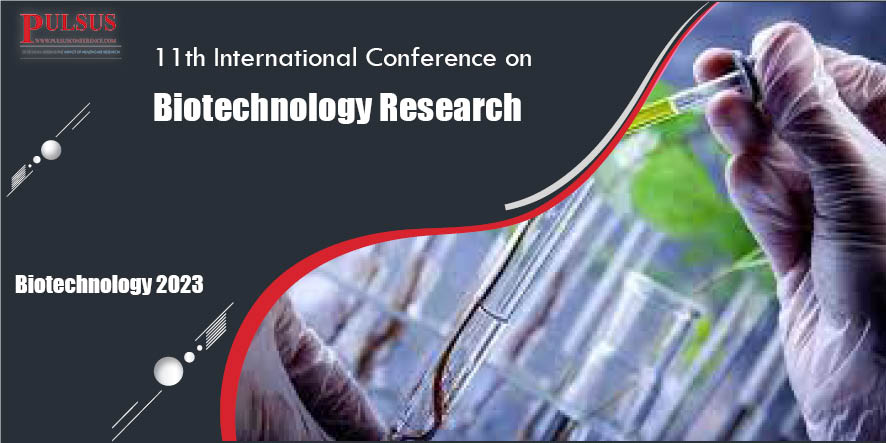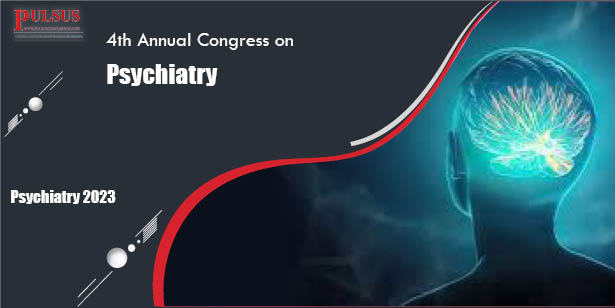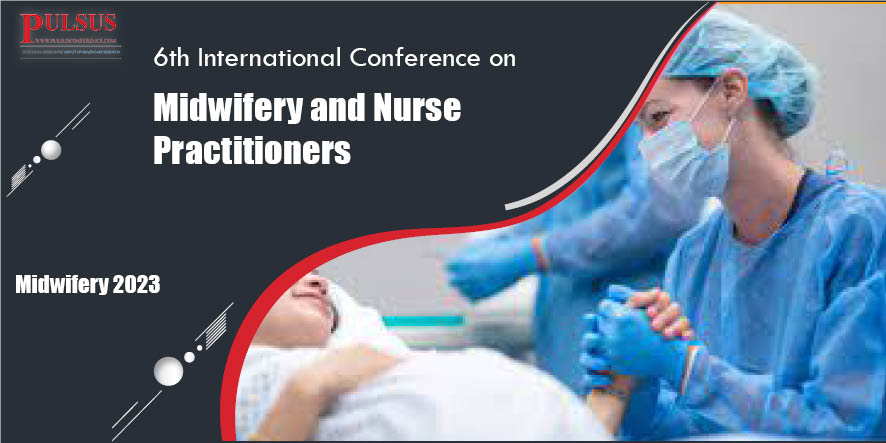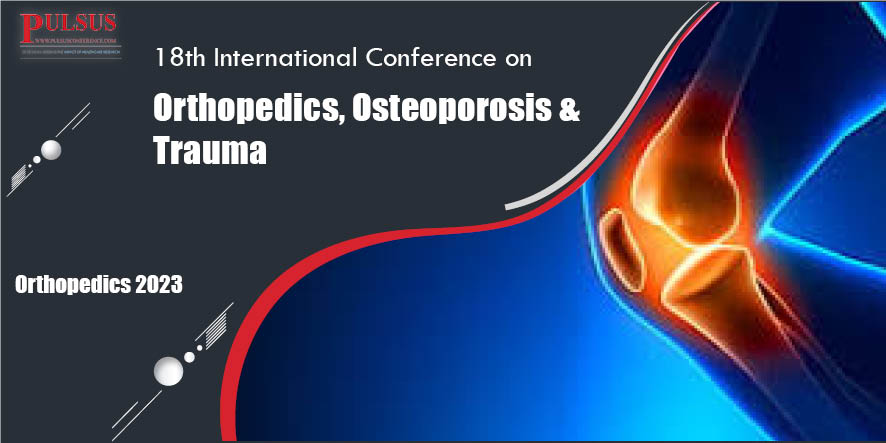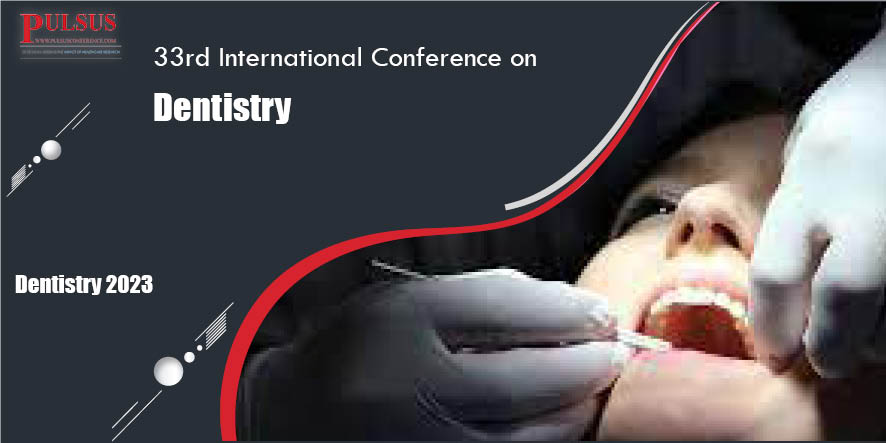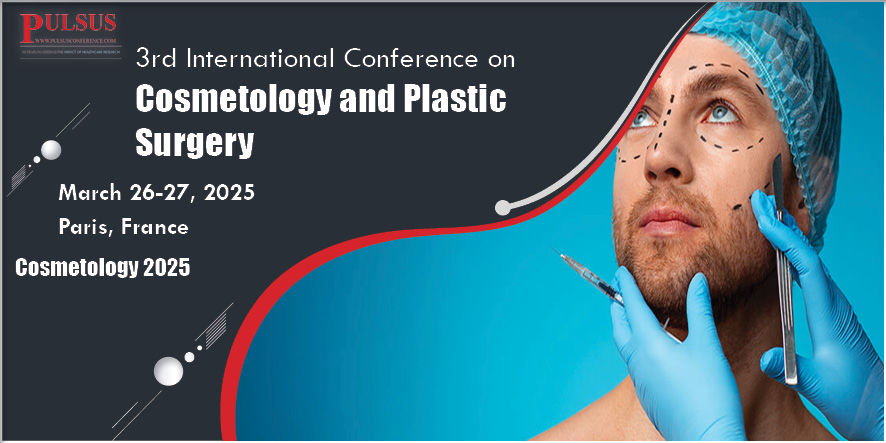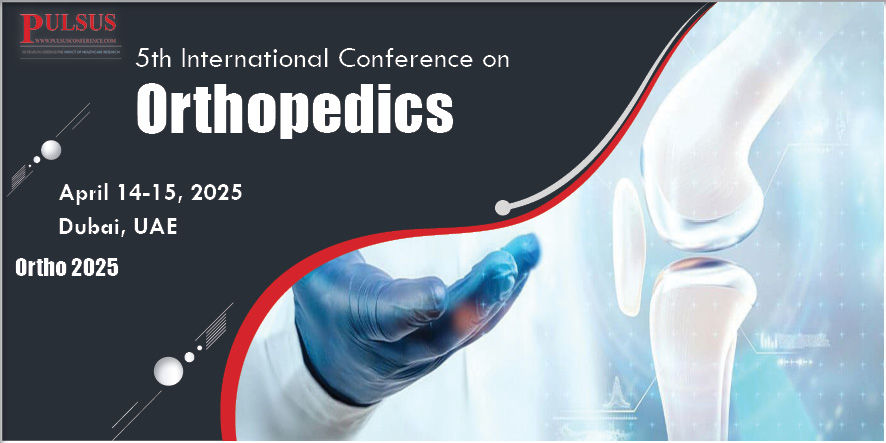About Cardiology Conferences
Cardiology Conferences 2023 | Cardiology Conference | Arrhythmia Conference | Congenital heart disease Conference | Coronary Artery Disease Conference | Cardiomyopathy Conference | Vascular disease Conference | Stroke Conference | Heart Failure Conference | Hypertension Conference | Rheumatic heart disease | Cardiology Events | Cardiology Meetings
Cardiology is the branch of medicine that deals with the diagnosis and treatment of diseases related to the heart and blood vessels. The heart is a vital organ that pumps blood throughout the body, supplying oxygen and nutrients to the tissues and organs. Cardiovascular diseases are a leading cause of death worldwide, and the study of cardiology is crucial in understanding and managing these conditions. In this blog, we will discuss the importance of cardiology, the different types of cardiovascular diseases, and their treatment.
The department of Cardiology deals with diagnosis and treatment of heart conditions including arrhythmias, angina, cardiomyopathy, congenital heart diseases, and heart murmurs. Physicians who specialize in this field of line are known as Cardiologists. Pediatric cardiologists are known as Pediatricians and those who go deeper into the cardiac surgery are known as Cardiothoracic Surgeons or Cardiac Surgeons. While all cardiologists studies the disorders of the heart, the study of adult and child heart disorders are different pathways.
Recent studies show that however the deaths due to heart diseases risk have declined heart diseases deaths due to aging and population has drastically increased. Unlike these results giving us a somewhat positive hope, the heart diseases among younger generations is seeing a constant increase. Studies conclude that this rise is resulting from the poor lifestyle choices such as lack of exercise and adverse diet. The rising heart conditions require newly developed technologies and thus the increase in the market value for advanced medical devices, treatments, and therapies.
The market size of the global interventional cardiology was valued at approximately 11.1 billion USD in 2020 that reduced from nearly 14 billion USD in the year 2019 due to the impact of COVID-19. In 2027, the global market size is expected to reach an astonishing 16.2 billion USD. The global market is expected to recover its growth rate in 2022 and catch up its steady pace towards 16.2 billion USD in 2027.
Cardiology Conferences 2023 | Cardiology Conference | Arrhythmia Conference | Congenital heart disease Conference | Coronary Artery Disease Conference | Cardiomyopathy Conference | Vascular disease Conference | Stroke Conference | Heart Failure Conference | Hypertension Conference | Rheumatic heart disease | Cardiology Events | Cardiology Meetings
Cardiology is a branch of medicine that deals with heart disorders and also the cardiovascular system. This field includes medical diagnosis and treatment of coronary artery disease, congenital heart defects, heart failure, valvular and electrophysiology. Physicians who specialise in this speciality of medicine are known as cardiologists. Physicians who specialise in cardiac surgery are known as cardiothoracic surgeons or cardiac surgeons. Cardiology is one of the specialities of internal medicine.
Cardio-oncology is a recent specialization of Cardiology. Cardiology is a vital field of medicine that plays a crucial role in understanding and managing cardiovascular diseases. These diseases are a leading cause of death worldwide, and the study of cardiology is essential in identifying and managing risk factors for these conditions. By preventing and treating cardiovascular diseases, cardiologists help patients lead healthier lives and reduce the burden of cardiovascular disease on society.
Interventional Cardiology is a branch of Cardiology that focuses on the catheter-based treatment of structural heart diseases. A wide range of procedures can be performed on the heart by catheterization, including an angiogram, atherectomy, and angioplasty. All of these procedures involve inserting a sheath into the radial artery or femoral artery and cannulating the heart under X-ray visualization. This cannulation provides indirect access to the heart, by avoiding the stress induced by a surgical incision in the chest.
The major advantages of using the interventional Cardiology or radiology technique are the avoidance of scars and pain and prolonged postoperative recovery. Furthermore, interventional Cardiology is the golden standard of care for acute Myocardial infarction. This procedure can also be performed proactively when portions of the vascular system become blocked as a result of Atherosclerosis.
In recent times, the focus is gradually shifting to Preventive Cardiology due to the rise of Cardiovascular Disease burden at a young age. According to WHO, 37% of all premature deaths are due to cardiovascular diseases and out of this, 82% occur in low and middle-income countries. Clinical Cardiology is the sub-speciality of Cardiology that deals with preventive Cardiology and cardiac rehabilitation.
Preventive Cardiology also deals with routine preventive checkups using non-invasive tests specifically Electrocardiography, Lipid Profile, Stress Tests and general Physical examination to detect cardiovascular diseases at an early age, whereas cardiac rehabilitation is the new branch of Cardiology that helps a person regain overall strength and live a normal life after a cardiovascular event.
Cardiac imaging includes cardiac magnetic resonance imaging (CMR), computed tomography of the heart (CCT), and echocardiography (echo). Those who specialize in cardiac imaging may undergo more training in all imaging modes or focus on a single imaging modality those who specialize in cardiac imaging may undergo more additional training in all imaging modes or focus on a single imaging modality. Those who specialize in echo may spend a large amount of their clinical time examining echos and performing transesophageal echo (TEE), especially during procedures like the implantation of a left atrial appendage occlusion device. Cardiac MRI uses specialised protocols to image the structure and function of the heart with specific sequences for certain diseases such as amyloidosis and hemochromatosis. Cardiac CT uses unique protocols to image heart structure and function with a focus on coronary arteries.
In the United States, a three-year residency in internal medicine is followed by a three-year fellowship in Cardiology to become a cardiologist. It is feasible to specialize further in a sub-speciality. The ACGME recognises cardiac electrophysiology, echocardiography, interventional Cardiology, and nuclear Cardiology as sub-specialities in the United States. Clinical cardiac electrophysiology and interventional Cardiology are two subspecialties recognised by the American Osteopathic Association Bureau of Osteopathic Specialists (AOABOS) in the United States. While in India, to become a D.M/Diplomate of National Board (DNB) in Cardiology / Doximity a person needs to complete three years of residency in General Medicine or Pediatrics after completing M.B.B.S and then three years of residency in Cardiology.
Market Analysis:
Coronary artery disease (CAD) is the leading cause of heart disease in the United States, resulting in the deaths of 365,914 individuals in 2017, as reported by the Centers for Disease Control and Prevention (CDC). The CDC also estimates that there are currently approximately 18.2 million individuals in the US over the age of 20 who are affected by CAD. In the United Kingdom, the British Heart Foundation states that there are 2.3 million people living with CAD as of June 2020, and 170,000 individuals die each year from circulatory and heart diseases. Given the significant number of patients and the high mortality rate, there is expected to be an increased demand for interventional treatments.
Cardiology Conferences 2023 | Cardiology Conference | Arrhythmia Conference | Congenital heart disease Conference | Coronary Artery Disease Conference | Cardiomyopathy Conference | Vascular disease Conference | Stroke Conference | Heart Failure Conference | Hypertension Conference | Rheumatic heart disease | Cardiology Events | Cardiology Meetings
Companies:
Medical devices that support and facilitate the prevention, diagnosis, and treatment of Cardiac diseases are of great importance to the global Cardiac sector. The most commonly used cardiac medical device in the world is pacemakers. Robot-assisted surgery and stand-alone surgical robots have already become established in most hospitals around the world.
Pulsus Group is one of the world’s remarkable Scientific Conference Organizers who have their individuality on all the spectrums of Science, Technology and Business. A part of every conference series’ success specifically hangs on to how far it reaches the online community. Having an online audience is critical to make an international gathering a great success; be it research or academic or industrial.
Research personnel, Academicians, Research institutes, Industrialists and students of Cardiac studies and cardiology related institutes are the key participants who show intense desire in attending the Pulsus conferences on Cardiology as represented in the below quoted metrics. Conferences based on Cardiology shows a significantly large number of unique visitors and page views which were proved to be a thriving success.
Pulsus further extends its frontier through maintaining its every conference proceeding in its respective conference webpages and its official social media accounts. Thus, aspiring to have the participation of the international scientific and industrial communities to come and experience the pack of talks, discussions, product exhibitions and alliances.
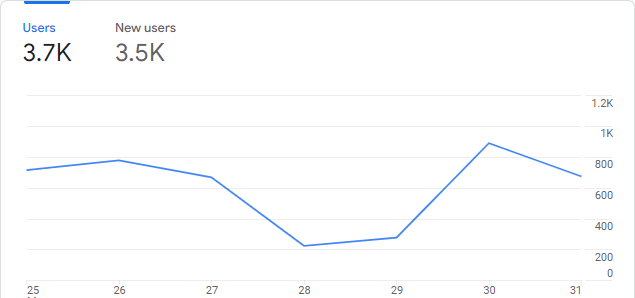
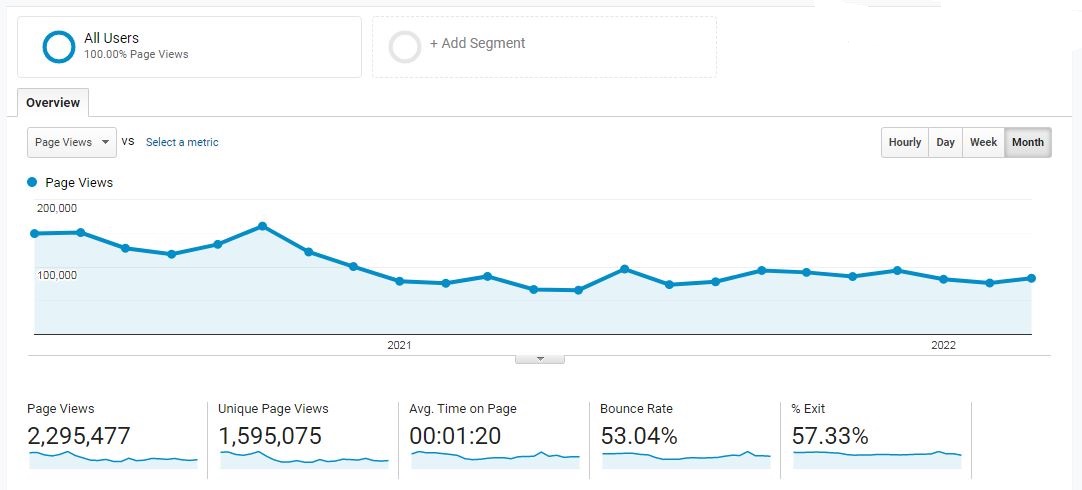
Cardiology Conferences Pulsus Conferences
